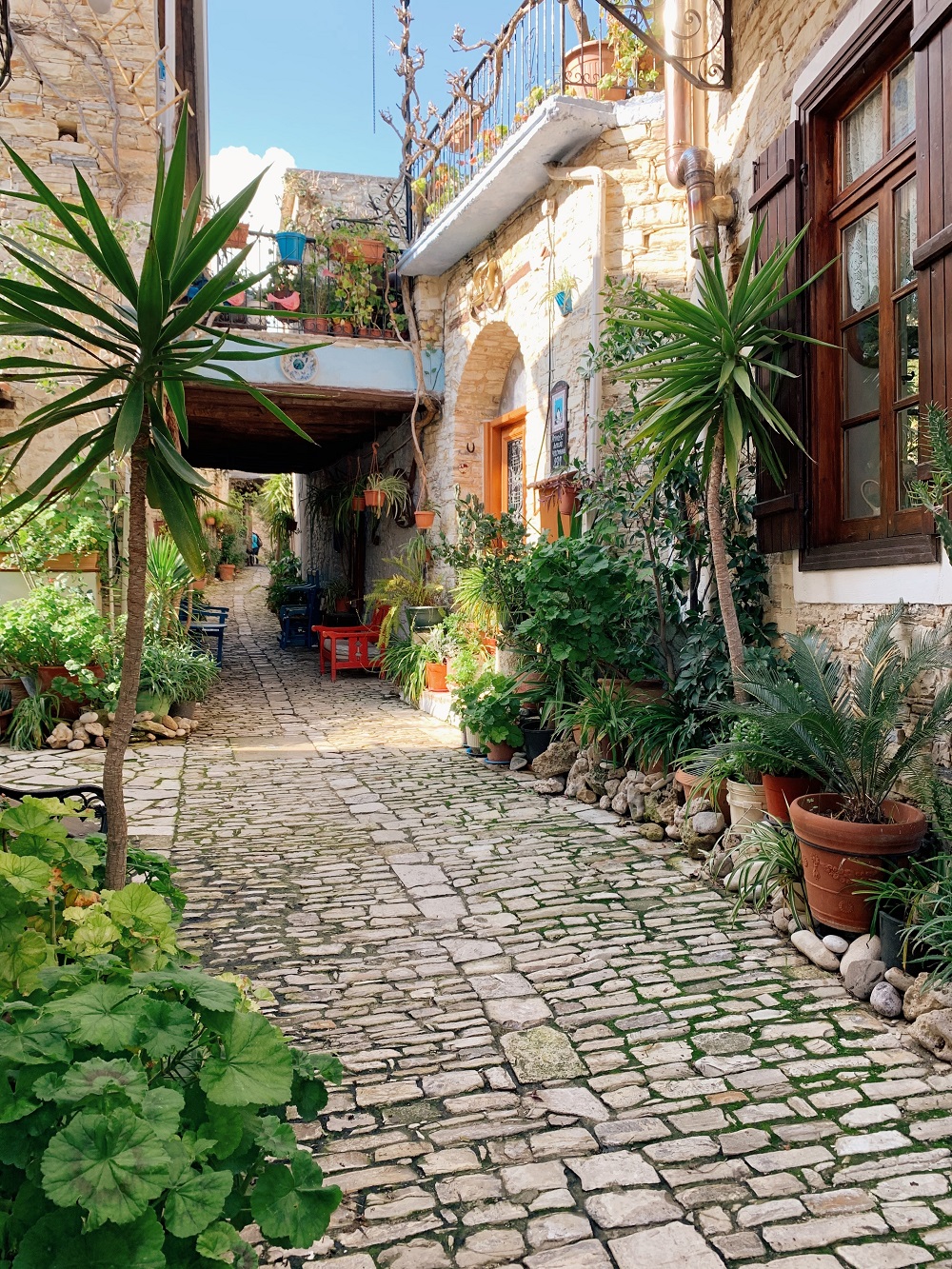
We’ll just put the boxes in the back of the car, my mom said. There are three plastic boxes and a large bag.
Ok, I said. I wasn’t sure when I would find the time in Spokane to go through the family pictures and documents. I would make time, I said.
This is about a third of it, my mom added.
Jason and I got in the loaner car and drove to Spokane for his week of meetings on the Mother Ship (Gonzaga University). The kids went to Port Angeles with my parents to recuperate from the trip. They gave us a key to a lovely small house close to campus to use for the time we’re here. Last time we were in this house, the kids were five and one, and Eleanor was still nursing. I changed her diapers on the floor of the living room. They went to the summer program at St. Aloysius across the street for two months. That walk on two blocks of sidewalk felt like a mile with two tiny kids and their snack boxes. It feels like a lifetime ago. It is good to be in a place that ties me to memories here. After twelve years living in Oklahoma, Washington felt like a true paradise. I only saw the tall trees, blue skies, and cool nights, decent ramen and nice grocery stores, and a public splash pad for the kids in a hilltop park.
And yet we never properly lived in Spokane. We were in this house as a family for nine weeks in 2016, waiting for Italian visas before we moved to Florence, and in a different house on South Hill for a couple of weeks the following year. After the setbacks in 2017 (high cost, unmanageable calendar, major theft, more) I swore I wouldn’t make this trip again until I had a more flexible schedule (I was working full-time remotely) and/or the kids were older. In 2018 both of our sets of parents came to visit us in Florence. In 2019 the nonni had some medical issues that prevented their travel (all thankfully now resolved or paused). And in 2020 and 2021 we were dealing with pandemic issues and travel restrictions. Jason came back to Spokane on his own in 2019 and 2021 for work. But the kids and I stayed behind in Italy those years. In the interim we have hosted so many Gonzaga faculty and staff that we actually have a network of friends now to catch up with, which was not at all the case in 2016, and slightly less so in 2017.
So I haven’t been to Spokane in five years. No one needs me to say a lot has changed in the U.S. since 2017, but there, I just did. I missed the last three-quarters of the T**** Administration in person, and all of the pandemic. I rolled into a small city that looked the same, but felt different. I looked closer.
I was prepared for some reverse culture shock but was caught off guard by the poverty, the low level of mental health, the hobos everywhere. The thirties are back. America is in a crisis. People are Not Well. The Spokane mayor used to be a local newscaster and no one thinks much of her. The homeless encampment between Spokane and Spokane Valley is huge. The shelves in stores are more than half empty and the sticker shock sends my head spinning. Pharmacies advertise free walk-in Covid vaccines and tests that no one is getting or picking up. The U.S. really seems to have moved beyond the pandemic, even as the pandemic has not moved on. So many hobos in varying low levels of health and hygiene, clearly struggling. I’m witnessing the crack into which people are falling, and there’s no net to catch them.
For a week now I’ve felt jittery and upset for a slate of reasons, but the human suffering on display is the hardest. And the jarring comments from locals – whose suffering seems more limited to inflation – when I mention it: the homeless are animals, they don’t want to work, they are savages, they are a money pit, it doesn’t matter how much we spend, nothing will change. The homeless pick through the our trash and recycle that we bag and place in the containers in the alley. A mentally ill woman walked down the street screaming yesterday right by our house. The neighbor across the street poked his nose in the house earlier this week because he thought we might be squatting on the property. It’s a reasonable enough concern. Other friends – colleagues we recently hosted in Florence – tell me that after time away, they too came back to Spokane and were shocked at the public suffering and obvious poverty on every block. They said that with time they too stopped “seeing” it after a few weeks back in town. They were not proud of this. It happens.
There are people who have never left Spokane, meanwhile, feel like they are in a protected and safe space compared to the “world out there.” I switched out my Italian SIM for a burner SIM at the T-Mobile store. Where do you live, the extremely local rep asked me. Italy, I said. Have you been? No, she shook her head, I have never been outside of the US. I don’t have a passport, and I won’t get one. We got customers moving to Mexico, she whispered. Oh, San Miguel de Allende, I asked. They must have great doctors and dentists there, a good place to retire. She recoiled. How did you know! Because tends of thousands of retired Americans live there, I said. It’s like the one place in Mexico people retire to. Customer service rep recoiled. I would never go there! That is the last place I would go! The crime is awful! I have a degree in criminal justice and I know what is out there! By this time I had Hello Kitty mouth and wondered if she was packing at work. I paid my sixty dollars for the burner SIM and a month of service and left the shop. At the guest house news was coming in fast about the Chicago massacre. I shook my head and wondered on what green planet that customer service rep felt like she lived in the safest place on earth.
I can’t even keep up with the news here and I am here in real-time, reading the daily reports of massacres. (The news must stop calling them shootings and shooters, and call them correctly instead massacres and murderers.) I checked in with a rattled friend in Chicago that afternoon. People are on edge. America is armed. There are more firearms in the U.S. than people (400 million next to 330 million). Many people don’t own guns, but the ones who do have a dozen or two dozen. It’s such a terrible problem that funnels attention away from other real issues like food and housing insecurity, lack of healthcare and mental healthcare, the ravaged environment and climate change, and violence in general. I could go on – that’s just the top of my list. Roe was struck down by the Supreme Court a few days before we left Italy but it already feels like old news. I don’t know what recent history people are recalling where women’s health care was plentiful and affordable. So there’s that.
As for our errant second checked bag, it was delivered and deposited to my parents’ back porch during the kid hand-off in Olympia, after both children had been completely re-provisioned with travel wardrobes in Port Angeles. Apparently the luggage did arrive in the U.S. on the same flight two days later, on July 1. But then it sat in a FedEx depot in Kent, WA for three days due to the weekend and July Fourth holiday. Fedex drove it up to the peninsula the morning of July 5th. Paris-CDG is in a total staffing meltdown, basically striking all of July. I don’t blame them. I always come down on the side of labor.
It all feels like a lot. (On the plus side, the weather is nice and cool.) Last weekend I sat down and started opening the boxes. My Post-It notes from the last time noted that I had perused these in the autumn of 2004 in Norman, Oklahoma. I reviewed at pictures (post-Civil War through the 1960s), receipts, ledgers, and my grandmother’s journals. She was a faithful journal keeper her whole life. Many of her entries stick to her personal tailoring, family visits, the almost-arguments with her then-boyfriend (my grandfather Harold), meals (especially potlucks at the various Catholic and Episcopal parishes around Grand Rapids), and seasonal weather, but her journal from 1940 covers her professional work, her engagement and marriage to my grandfather, and events large and small in the world around her. In that summer 82 years ago, she wrote
The big drive by the Nazis in England is expected this week. They are given about a fifty-fifty chance of invading England, but may hold off a year. Everybody is upset about the War talk, the election talk, and polio cases. – Esther Erway Sharp, August 19, 1940
It comforted me to read Esther’s account of her life in the 1930s and 1940s. Even as she was more or less in one place in lower Michigan (and Esther was very, very rooted to place), the world was changing around her quickly and in ways that alarmed her and others. She and my grandfather bought a trailer and were fitting it out to ride out the war, I suppose, in Florida, as my grandfather was thirty and had a medical exemption for the draft. I found her World War II ration books and gas tokens. Her work woes and comments sounded very familiar to me. (On the same day of her Nazi war report, one Gloria Buckway was also hospitalized for an indeterminate reason.)
I put aside some of the best pictures to take with me to Italy, and stacked the carefully typed family histories, and one autobiography in particular to scan and read at home. Esther passed in 1998, seven years after Harold and after a long struggle with Alzheimer’s. Thanks, grandma, for writing these, and for leaving them for me to find, maybe when I needed them most. They are a true gift. I hope my journals provide my grandchild with similar comfort in about 2080 or so.




One Response
Having just been in the US, your comments resonate with my own observations. Yet here I am now in the UK for a while where political upheaval seems to be the name of the day. No guns shooting, however, and B… has not tried to rally people to storm the Houses of Parliament. And the church and other music are as wonderful as always. There are a few thinks still sort of right with the world, but not enough.